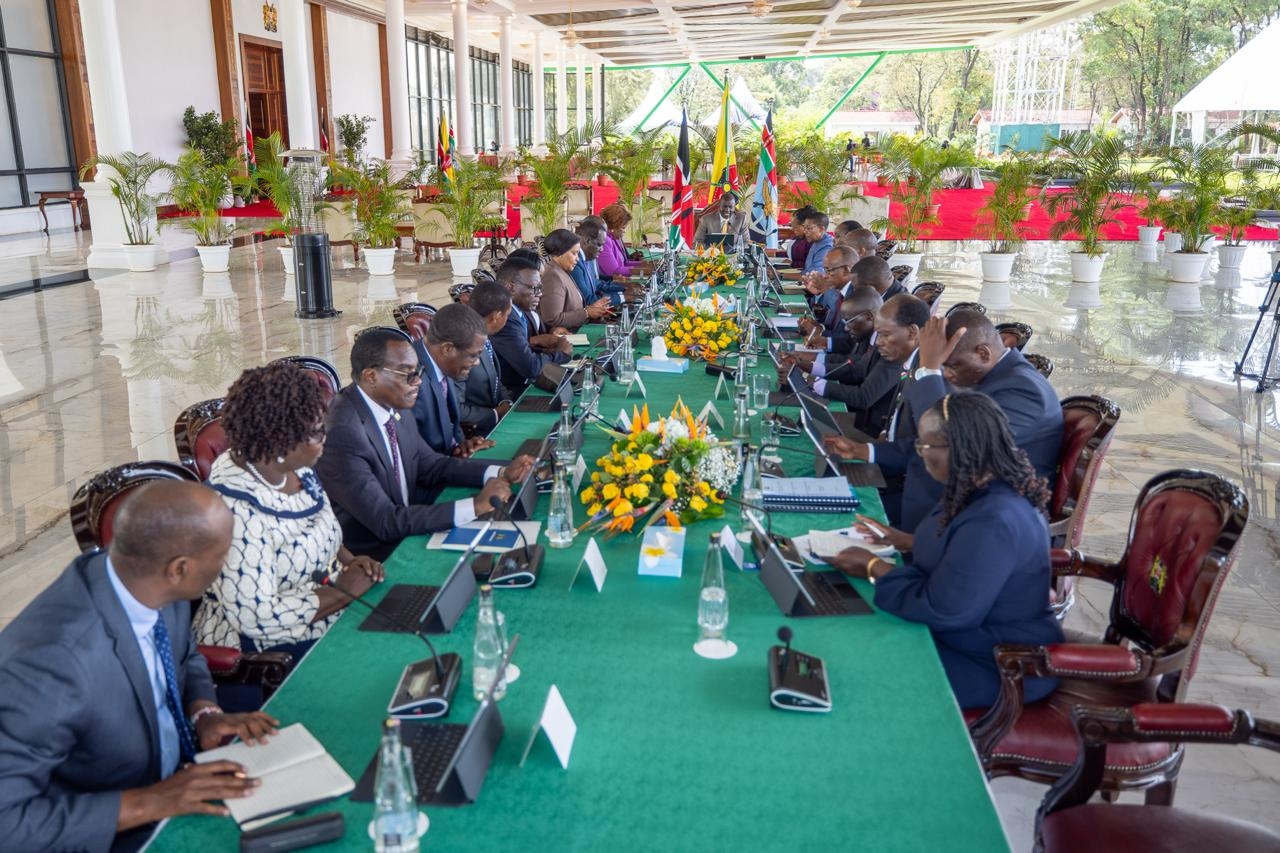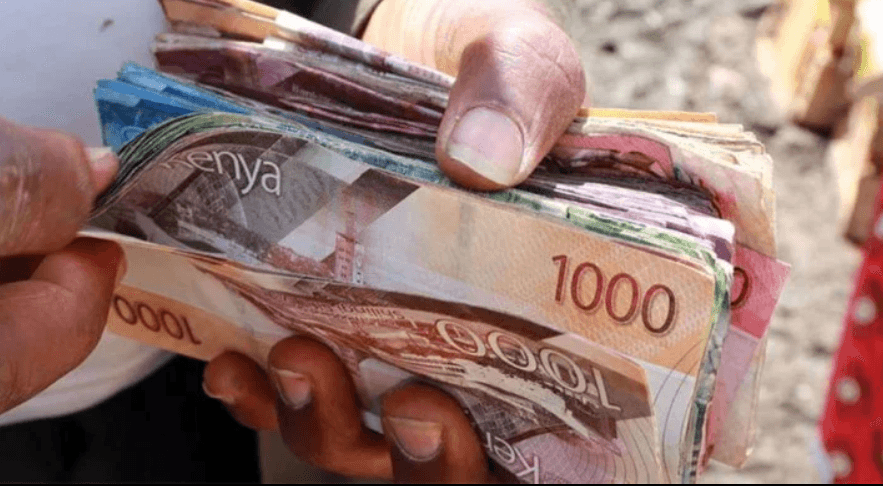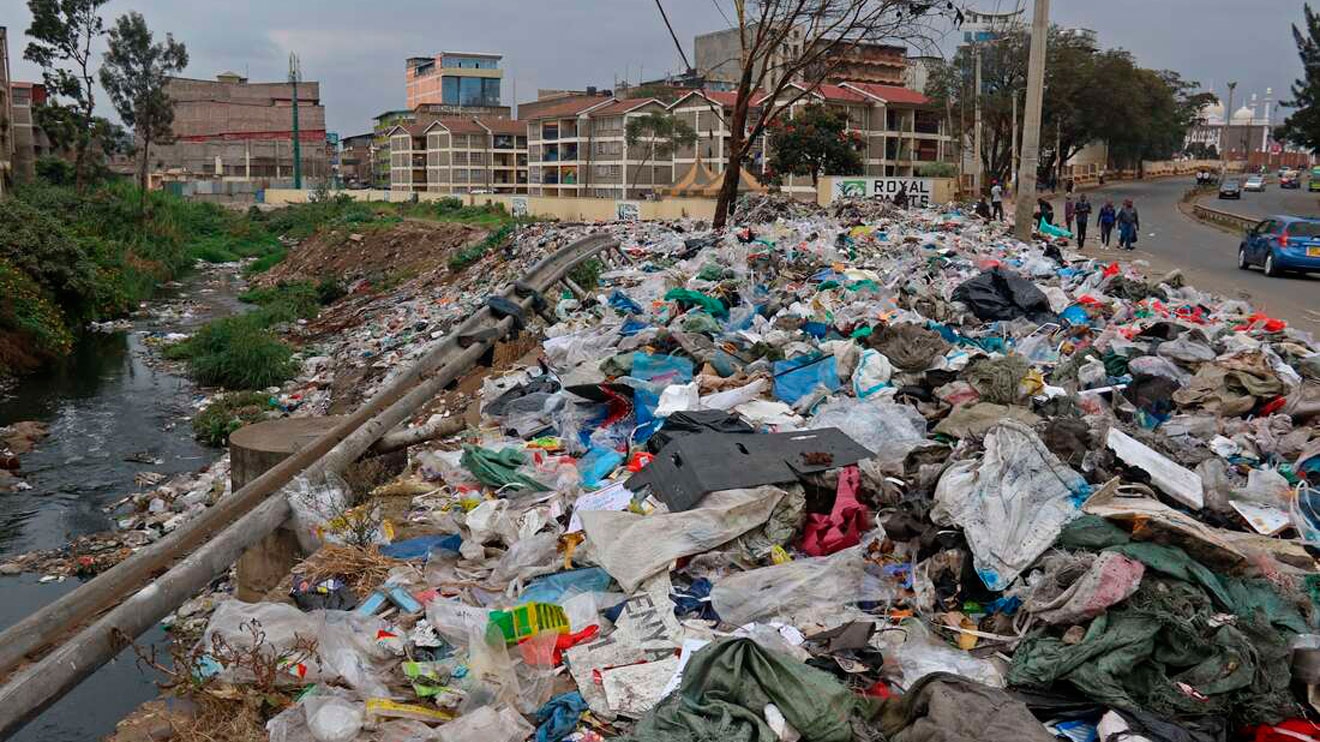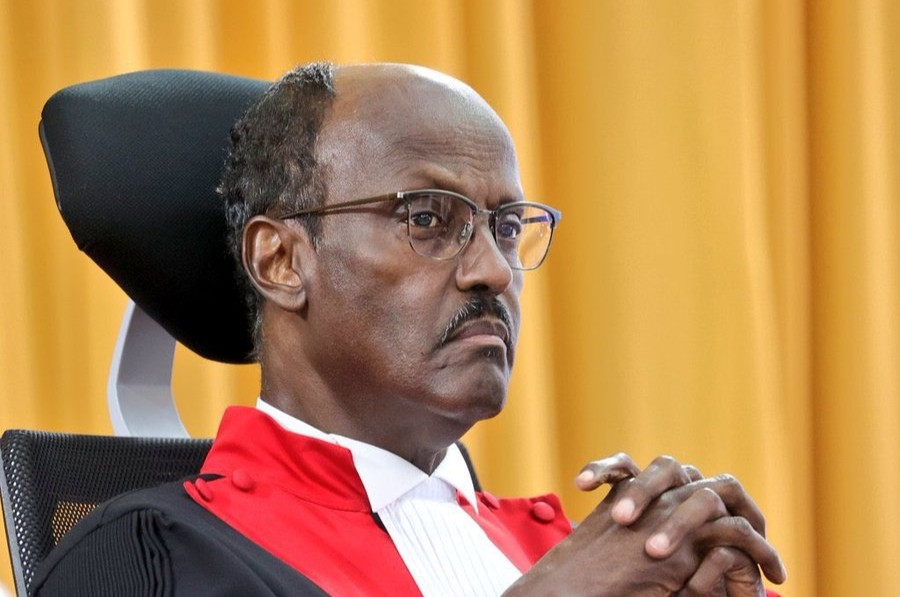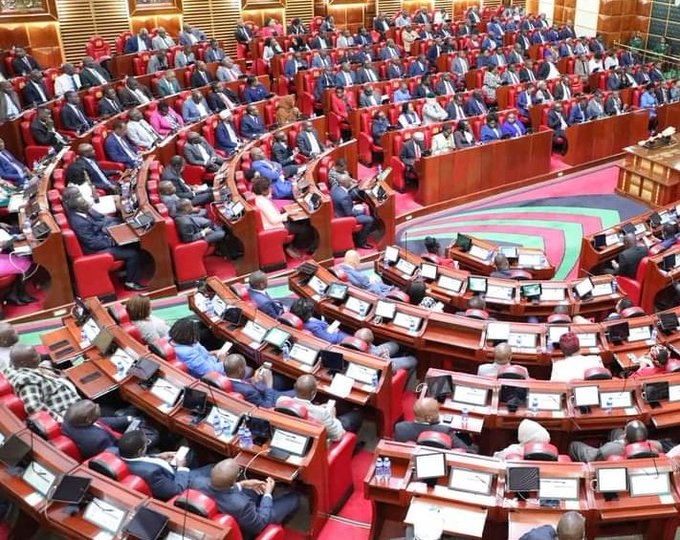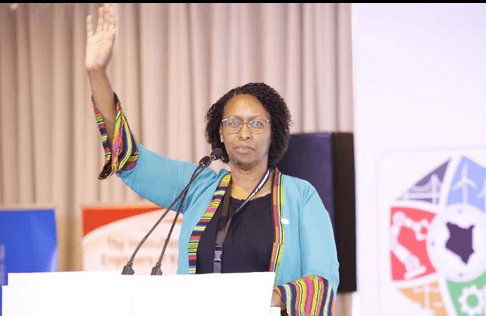Political hopefuls have been technically barred from participating in Harambees in a new tough Bill fronted by the State to regulate and safeguard public fundraising from abuse.
The Public Fundraising Appeals Bill, 2024 proscribes aspirants for political seats from participating in Harambees at least three years before a general election.
“A person who intends to vie for a public office shall not participate in a public fundraising appeal within three years proceeding a general election,” the Bill says.
It comes against the backdrop of public uproar over huge contributions made by politicians in Harambees every weekend.
In some cases, a politician contributed as high as Sh20 million in one drive, triggering uproar about the sources of money.
If enacted, the law will deal a blow to the hopefuls who use the platforms to anchor their bids and gain political grounds.
In the Bill that has been introduced in the Senate for first reading, all state officers and appointed public officers are prohibited from participating in Harambees during their term in office.
However, the radical Bill has exempted tithes and offerings from the regulations as they are not classified as fundraising appeals.
“Despite the provision of section 10, the following does not constitute a fundraising appeal for the purposes of this act…….” the Bill states.
“…money or property collected by or under the authority of a recognised representative of a religious association registered under the Societies Act for normal collections such as tithes and offerings or the purpose of carrying out developments or projects for the benefit of the association.”
Soliciting or receiving any money or benefit from raffle, lottery or other activity authorised or permitted under the Betting, Lotteries and Gaming Act or any other relevant law is also exempted under the Bill.
The proposed law also permits private fundraising appeals where the drive is conducted by close family members to support their own.
The new Bill, sponsored by Senate Majority Leader Aaron Cheruiyot, provides tough conditions for conducting fundraisings.
“The Bill is developed against the need to maintain the altruistic rationale that public appeals (Harambees) serve in the Kenyan society while addressing the shortcomings that have accompanied this process,” the Bill says.
Besides acquiring a permit, the state shall vet the venue of the drive and the organisers and the organiser shall declare reasons for Harambee and the intended amount.
The organisers shall file a financial report to the government every three months after the event with the state mandate to inspect the financial books of the beneficiaries of the appeals.
In addition, the contributors in the fundraising appeals must declare sources for the contribution in an apparent effort to curb graft.
“A person who receives funds as a beneficiary or for the benefit of a beneficiary who is a child pursuant to a fundraising appeal shall declare such contribution in the income tax returns submitted by such person pursuant to the Income Tax Act,” the Bill says.
To conduct a harambee, one must apply and acquire a permit from the CS in charge of Planning and Social Development, for an inter-county or national drive.
The officer shall issue a permit after thorough scrutiny of the applications within 10 days of receipt of the application.
For those limited to the boundaries of the counties, the county executive responsible for Planning and Social Development shall issue the permit.
“A person who intends to conduct a public fundraising appeal shall submit to the Cabinet Secretary or the respective county executive committee member, as the case may be, an application for a permit at least 14 days before the date for the conduct of the fundraising appeal,” the Bill says.
The application shall indicate the full name and address of the person intending to conduct the fundraising appeal, the purpose of the fundraising appeal and the necessity of conducting the drive.
They also indicate the date on which the fundraising is to be conducted, the names and contact details of the persons assisting in conducting the appeal and the amount intended to be raised.
An applicant who provides false and misleading information, shall, besides being denied a permit, be liable to an offence whose punishment is a Sh2 million fine, three years in jail or both.
The Bill also provides for urgent applications for a fundraiser, in which case, the period of issuance of a permit shall be shorter.
“A Cabinet Secretary, county executive committee member or public officer shall not solicit or receive any inducement to process an application made under this Act or receive not receive any gift or favour from a person in respect of whom a permit is considered,” the Bill says.
The Bill provides that not more than five cent of the target amount to be raised shall be utilised in defraying administrative expenses related to the fundraising appeal.
The CS or CEC may refuse to issue to an applicant, a permit to conduct a fundraising appeal where the application does not comply with the Act, the applicant provided false information or is bankrupt.
A permit shall also be denied if the purpose for which the fundraising appeal is to be conducted is unlawful or incompatible with the public interest.
In a bid to curb graft, the Bill provides that the organiser shall declare that the intended fundraising appeal does not violate the provisions of the Public Officer Ethics Act, the Elections Act or the provisions of any other written law.
The proposed law provides that the CS or the CEC shall keep and maintain a register of all persons to whom permits have been issued to conduct a fundraising appeal in the county and all persons whose permits have been cancelled.
“Every person who conducts a fundraising appeal shall keep a record reflecting the income and expenditure relating to the appeal,” the Bill says.
They also keep details of the persons who make contributions, the amounts contributed by each person, the name, number and address of the bank into which the monies raised were deposited and full details of all funds and assets received as a result of the appeal.
Every fundraising manager shall submit to the CS or the respective CEC a summary of the records pertaining to the fundraising appeal conducted by him or her.
".... records kept by him or her under section 38 within 30 days from the date of the conduct of the appeal,” the Bill says.




